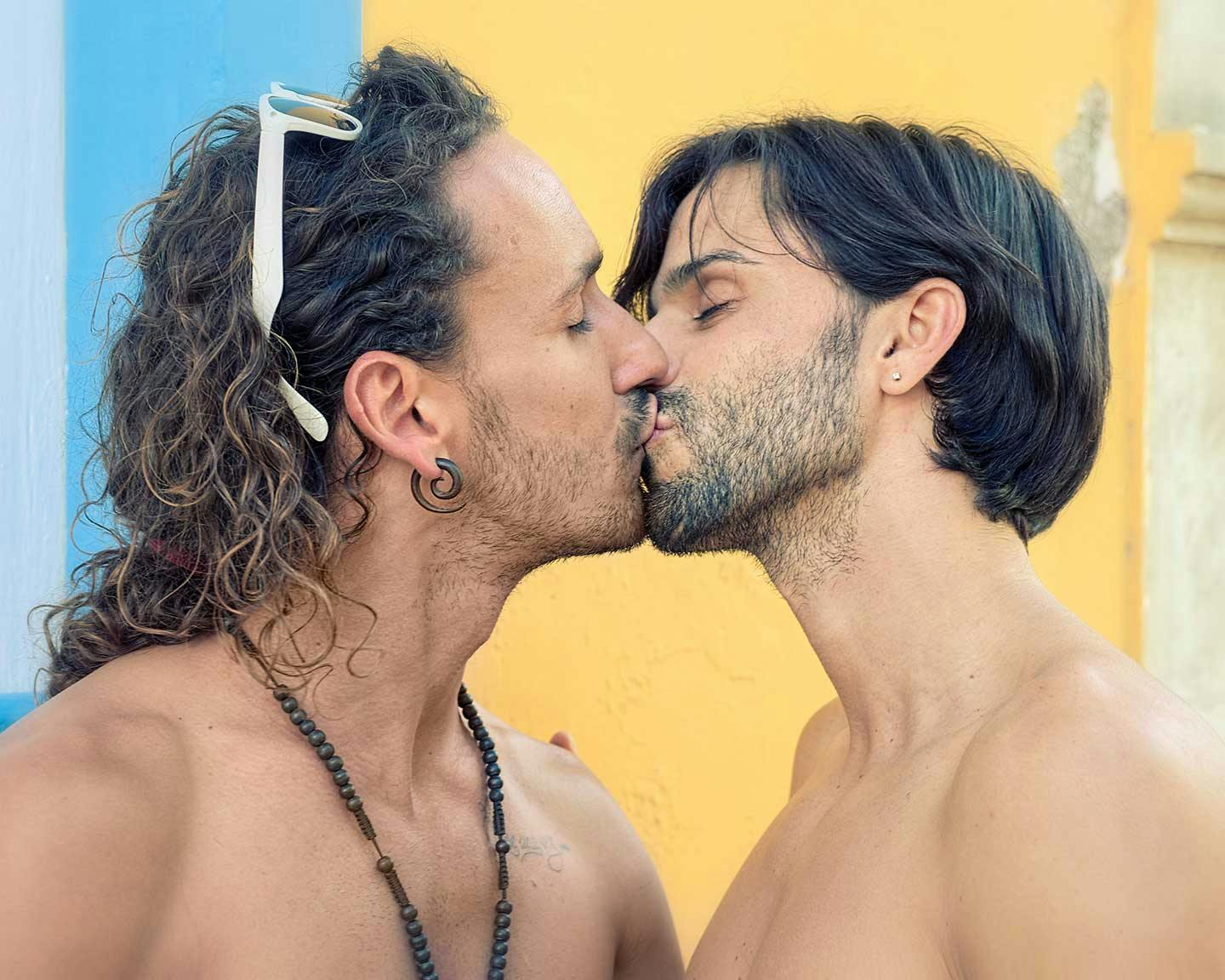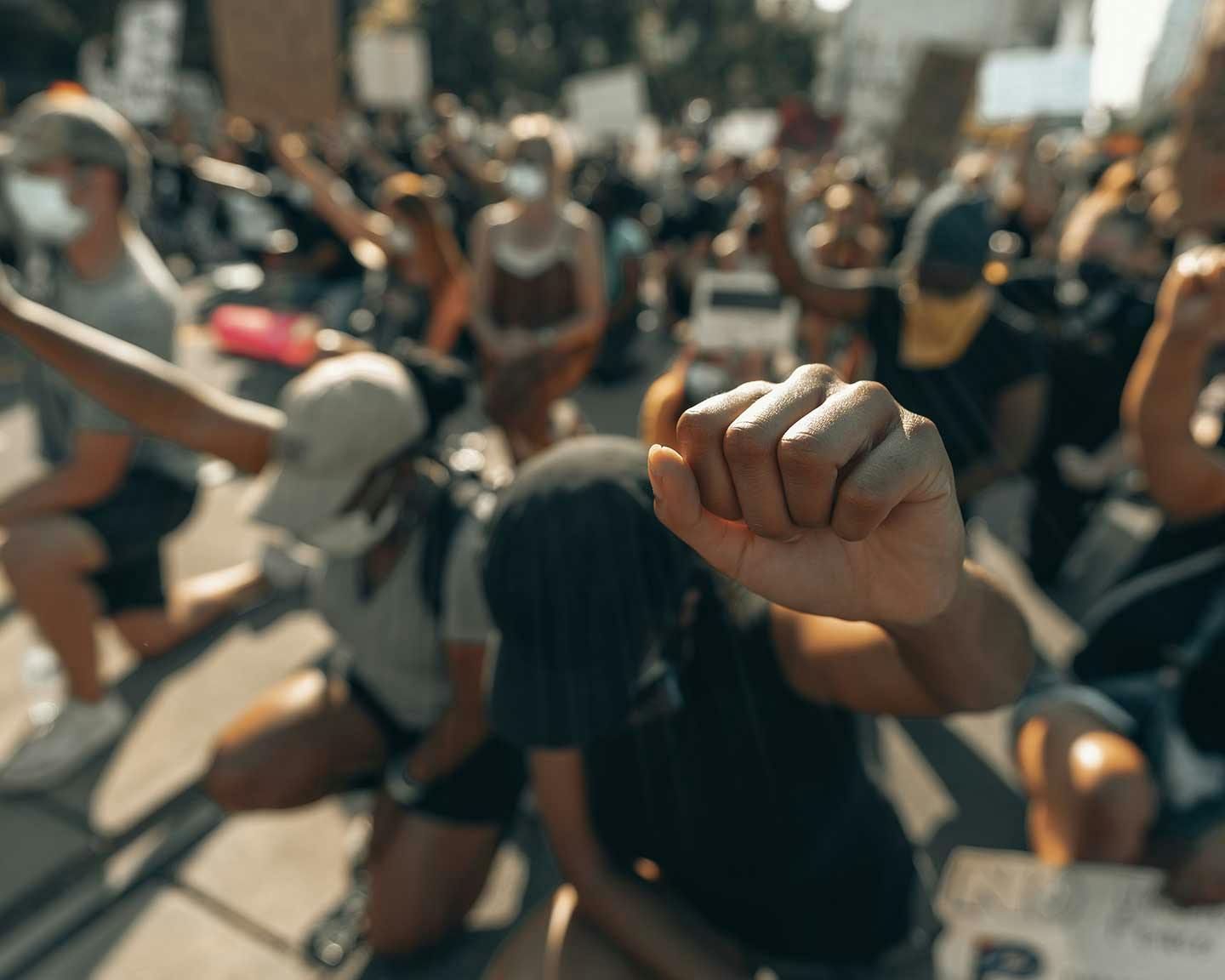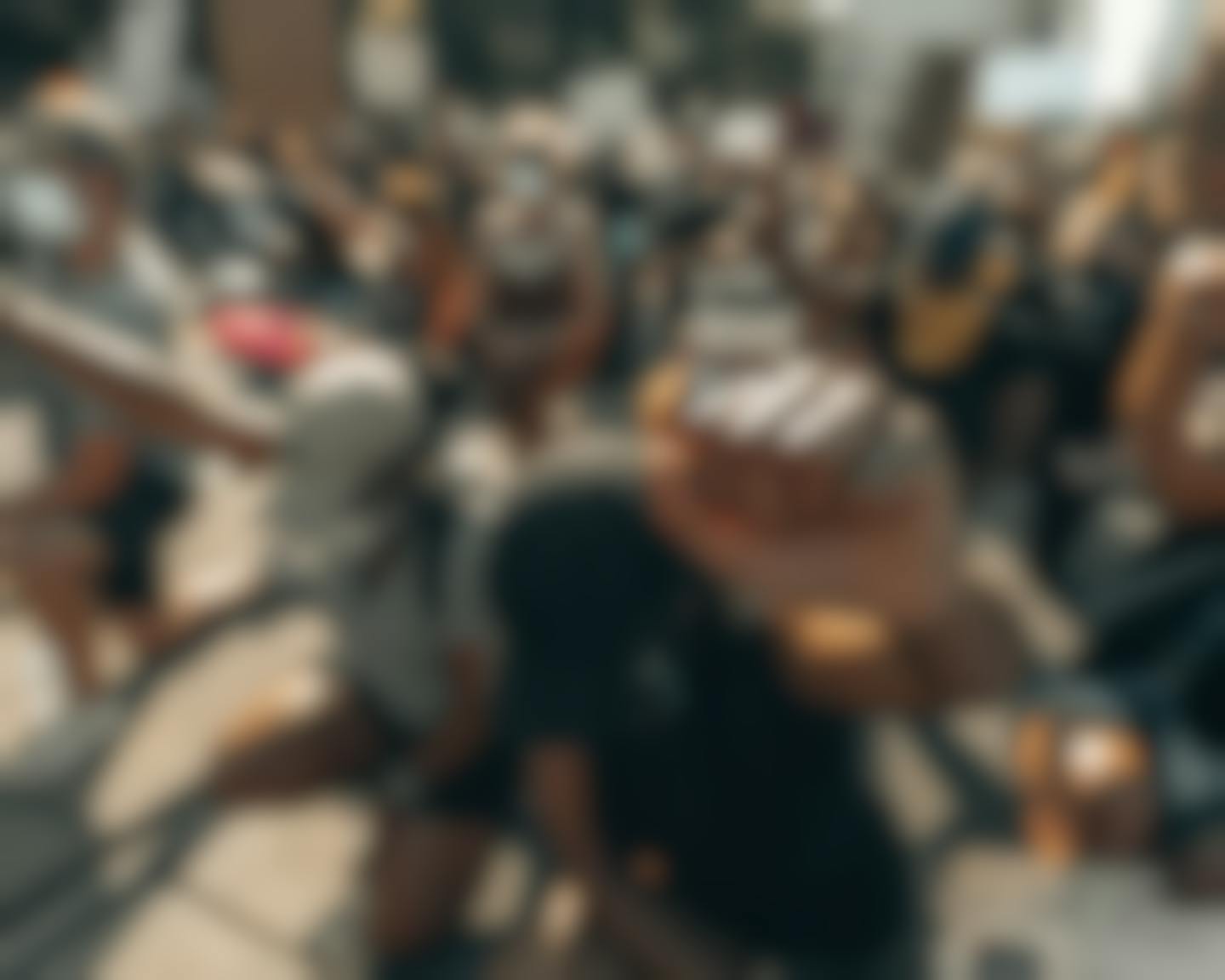
Juneteenth, a portmanteau of June and nineteenth, is a holiday which celebrates the emancipation of all those who were enslaved in the United States. Surprised that such a significant date isn’t a federally recognized holiday? Us too.
Why Celebrating Juneteenth Matters
We here at ThoughtLab are proud to recognize and celebrate Juneteenth. Juneteenth, a portmanteau of June and nineteenth, is a holiday which celebrates the emancipation of all those who were enslaved in the United States. Surprised that such a significant date isn’t a federally recognized holiday? Us too.
It was June 19th, 1865 when Union army General Goron Granger read the federal orders in the city of Galveston, Texas which proclaimed that all enslaved people in the state of Texas were now free.
But, wait, you're probably thinking. I vaguely remember history class. Wasn’t Abraham Lincoln’s Emancipation Proclamation signed two years prior? A+ for you. It was, but since Texas was the most remote of all Confederate states with a very low population of Union soldiers, enforcing the proclamation was slow and for a long time, very inconsistent.
So while Juneteenth represents freedom, it also represents how delayed emancipation was for so many enslaved people.
This day marks the true end of slavery in the United States, a brutal and bittier time in our nation’s history. One that should never be ignored but one that we must continue to learn from and use to better ourselves. It is a day that we rightfully celebrate together.
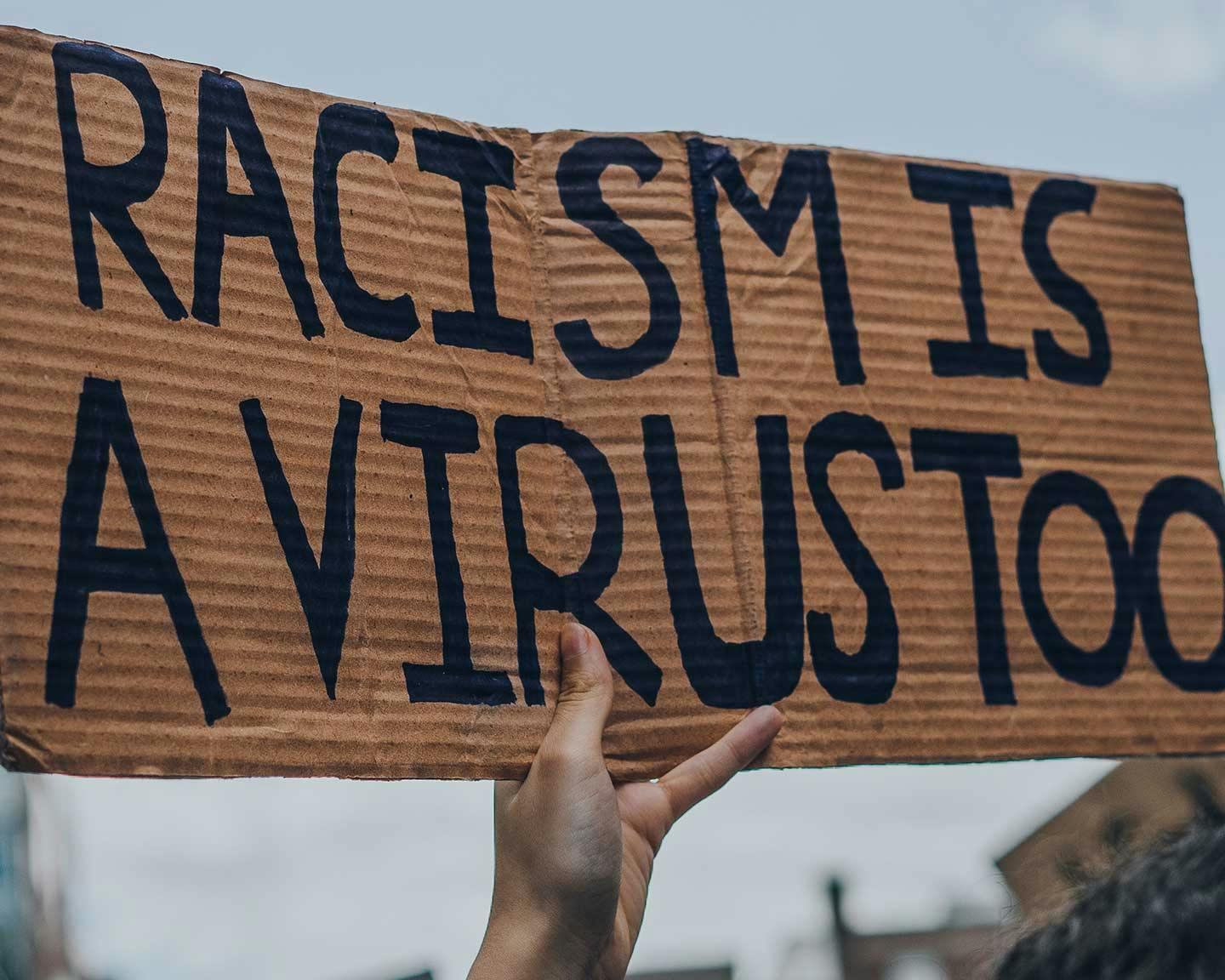
Why Isn’t Juneteenth a National Holiday?
In a word, racism. Even after emancipation, newly freed people were not, in any sense of the word, free. The rise of lynching and murders combined with strict segregation laws serve as two very few brief examples. In fact, when freedpeople tried to acknowledge Juneteenth a year after the proclamation, they were unable to gather in public spaces to celebrate with their community.
By the first world war people of various backgrounds argued that celebrating Juneteenth was un-American and unpatriotic. It has also long been overshadowed by July 4, aka America’s Independence Day, which marks the day the Declaration of Independence was signed in 1776, despite the fact that this “land of the free” celebration omits the reality that millions of peoples were enslaved and not in fact free.
While there is definitely a resurgence of Juneteenth awareness and celebrations, this wasn’t always the case. It’s not because people didn’t want to celebrate freedom, but because there was little freedom to celebrate. This is particularly true during the era of Jim Crow laws. It took until Martin Luther King Jr’s Poor People's March in 1968 was scheduled to coincide with the date. This helped spark renewed interest and importance of celebrating Juneteenth.
It’s important to note that 156 years later, Juneteenth and its history is still not taught in most schools, nor is it a federal holiday. With activists working hard to remedy this, we’re hopeful things will soon change.
How To Celebrate Juneteenth
There are numerous traditions associated with Juneteenth, plus regional adaptations and events. The most popular celebrations include hosting lively barbecues, drinking strawberry soda (or red soda water), and eating Marcus Garvey salad. Juneteenth is also focused on education so it’s not unusual, especially in the southern US, for events to include guest speakers and oral storytelling. Activities, especially rodeos, have become a large part of the celebrations while other events like concerts, parades, and baseball are other ways to celebrate.
The significance and purpose of recognizing Juneteenth is something that all citizens should acknowledge because, if there is not a retelling or remembrance of the true history in this nation, we're doomed to repeat it.Quote:
Derrick Johnson
But as we celebrate, it’s important we keep in mind that, although the physical chains of slavery are now gone, the mental and emotional chains of racism that so many of our brothers and sisters are harnessed with, hampered by, day in and day out, continue to wound and tear us apart. As president of the NAACP, Derrick Johnson argued, “the significance and purpose of recognizing Juneteenth is something that all citizens should acknowledge because, if there is not a retelling or remembrance of the true history in this nation, we're doomed to repeat it."
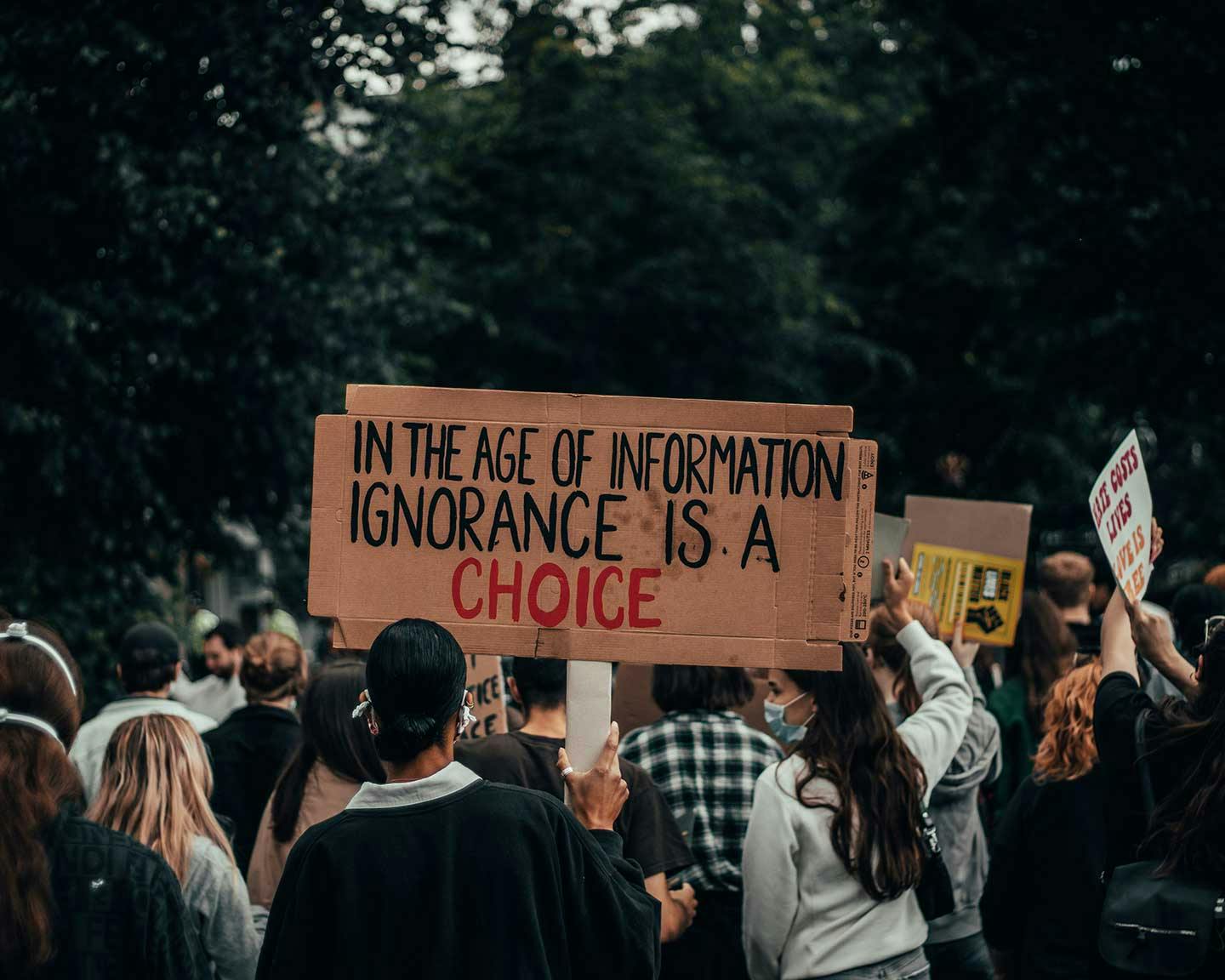
ThoughtLab’s Mission
ThoughtLab believes in equality, harmony, and dignity between all races. We celebrate Juneteenth and look to a time when the hearts and minds of our country are united in peace and the last remnant of the sickness that is racism is healed and washed away forever.
